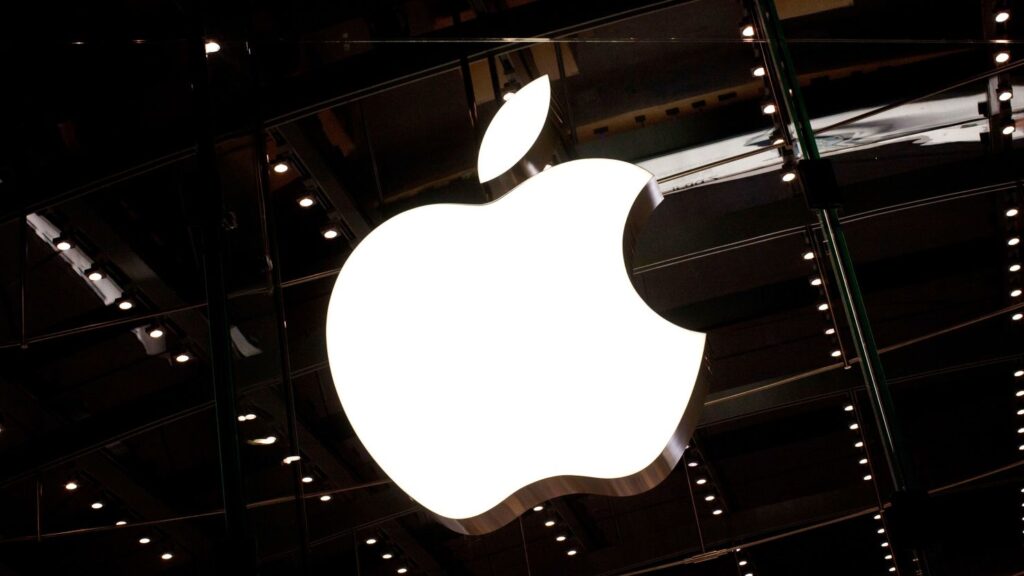Apple is gearing up to introduce generative AI features to its iPhones, aiming to reinvigorate sales in China, a key market.
This strategic move will be a central topic in its upcoming earnings report on Thursday, expected to reveal the company’s most significant quarterly revenue decline in over a year.
Wall Street has traditionally viewed Apple as an essential holding, but the company’s shares have dipped more than 10% this year due to slow AI rollout concerns and increased competition from Huawei in China.
Analysts predict a 10.4% decrease in iPhone sales for the first quarter of 2024, marking the steepest drop in three years.
This decline is measured against a high baseline from last year when Apple met pent-up demand following the COVID-19 pandemic.
Executives noted that about $5 billion of last year’s $51.3 billion in iPhone sales was catching up from production delays caused by COVID lockdowns in December 2022.
Despite these challenges, analysts foresee a modest decrease in iPhone sales, estimating a 5% total revenue decline for Apple’s fiscal second quarter ending in March.
This would be the largest drop since the December 2022 quarter when revenues fell by 5.5%.
Earlier this year, Apple lost its status as the world’s most valuable company to Microsoft, with its market value now at $2.68 trillion after an 11.24% decrease in share price.
Amid weakening revenue and declining shares, Apple is exploring significant upgrades for its flagship product, including potential AI features through collaborations with OpenAI and Google.
Analysts are optimistic about the demand for the next iPhone series, expected in the fall, due to these AI enhancements.
While competitors like Microsoft, Alphabet, and Meta have been vocal about their AI initiatives, Apple CEO Tim Cook has been more reserved in his discussions.
Adding AI to iPhones could help Apple better compete with Huawei and Samsung, the latter reclaiming its position as the world’s top smartphone vendor this year.
Bernstein analyst Toni Sacconaghi highlighted the potential for a strong iPhone 16 cycle due to “replacement cycle tailwinds and incremental generative AI features.”
Sacconaghi also commented on the situation in China, stating, “We believe prevailing weakness in China is more cyclical than structural, and note historically Apple’s China business has exhibited much higher volatility than Apple overall, given its very feature-sensitive installed base.”
The upcoming earnings report will also provide insights into Apple’s stock buyback plan and the Vision Pro, Apple’s new major product.
Despite initial excitement, demand for the $3,500 mixed-reality headset seems to have waned, with production estimates reportedly adjusted downward.
Apple’s other hardware sectors, including iPads and Macs, are expected to see sales declines of 11.4% and 4.3%, respectively.
However, Apple’s services sector, encompassing the App Store and subscriptions like Apple TV, is anticipated to continue growing, with a projected increase in revenue of 7.7%. Apple shares closed down 0.6% at $169.30 on Wednesday.
